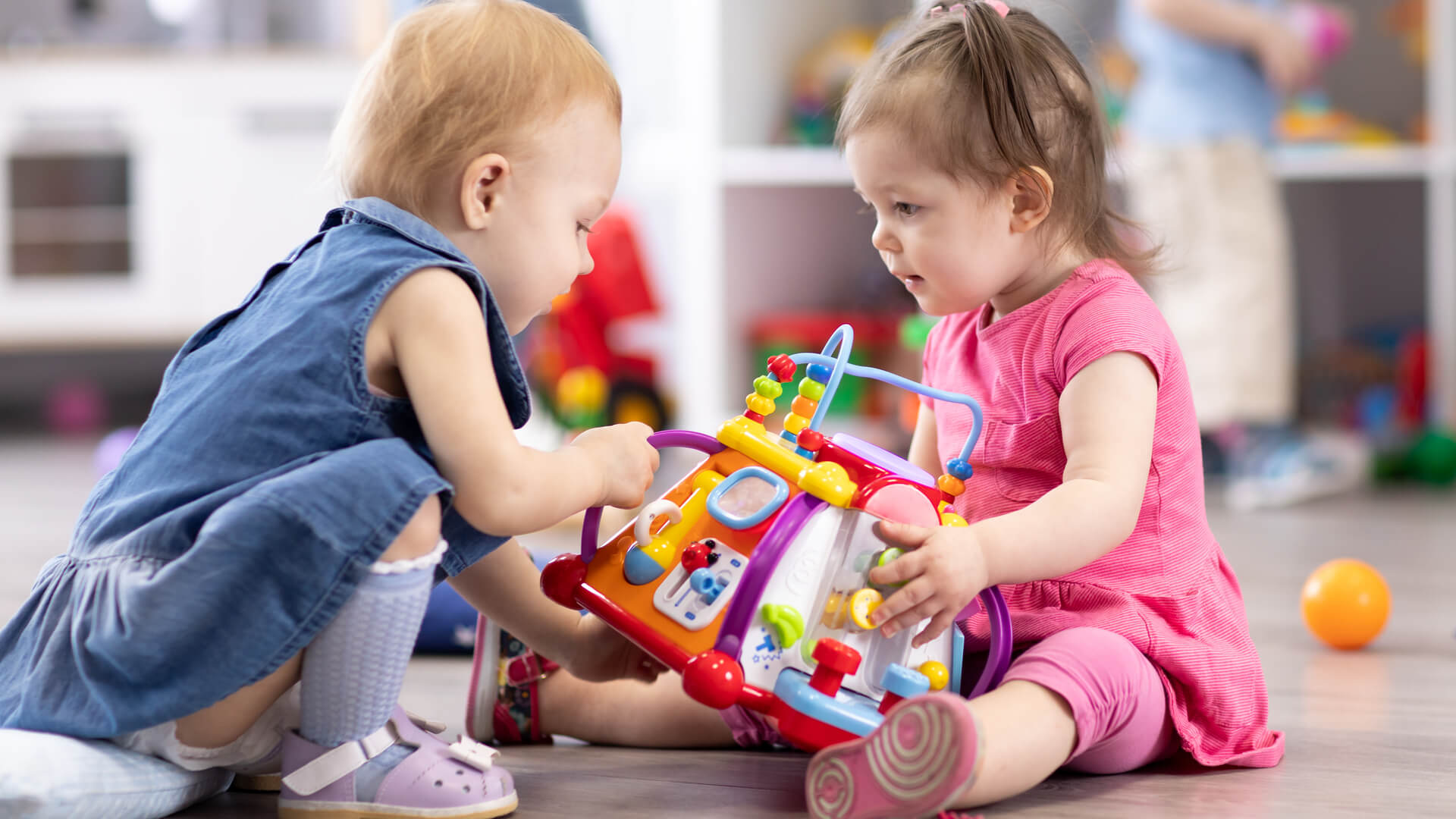Tips On How To Develop Your Child's Social Skills
In This Article
- Communicating with Eye Contact
- Sharing is Caring
- Doing Physical Activities
- Following Instructions
- Observing Your Child’s Response
Your child’s social skills play an important part for them to enjoy better peer relationships. Each child has their own unique way of showing these characteristics. Some grow with better social skills than others while some precious children need assistance from adults to learn it.
Social skills are a very awesome set of skills that will mold your kids into a more refined adult in the future. A child doesn’t need to be a genius or something to have it. These are skills that are commonly acquired by the events around them.
As parents/guardians, we should always use everyday routines to help our kids do better with socializing. During this pandemic when we need to be distant from others as possible, you are your kid’s best companion. Read all the books you want together. Play the most awesome games at home. Watch your favorite movies again. The most important thing in any activity is to have interaction with your kids in the form of effective communication.
Remember, every child has their own progress. So be patient no matter what.
Communicating with Eye Contact
Learning starts with consistent communication. Good communication begins with proper eye contact. Some kids find it easy to look at the person they are speaking to. Some kids are so shy and feel more comfortable to stare at the floor or in the mid-air.
You must explain to them that the truthfulness of any conversation is better with eye contact. Always remind them and say, “Look at me honey.” or ask “What should you do whenever you are talking to someone?” Of course, you don't want to force them into something they are not comfortable with. Do this slowly with a gentle voice and a lot of patience. In time, this simple eye contact could build their confidence and the ability to tell the genuineness of conversations.
Sharing is Caring
This is just a simple gesture that could help your kids make and keep true friends. Teach them that generosity always sparks joy to others as it ignites excitement to them. Although this comes from within their inborn behavior it is easy for the child to adapt anything that they see from their parents. You can start by observing your child’s behavior whenever you share something with him. If you conclude that he won’t act the same when he has food or toys, you should start to grow the sense of generosity in your child.
Start small. Ask if what he would feel if you only have two candies and you’ll give him the other one. Would he feel happy and grateful? What if he has one dinosaur toy, would he lend it to his playmates?
Sharing is better when your kids have limited resources. By the age of three, your child should begin developing this skill. When they hit the age of seven, they will become more aware of fairness and more willing to share by heart.
Doing Physical Activities

Your kid’s physical health contributes a lot to their intellectual and emotional health. The level of activity that you should give depends on their capability. From simple basketball to greater activities that require more crossfit equipment ideas for kids are both amazing things to do. You can invite kids from your neighborhood and create exercises that need at least two kids to achieve. Like sit-ups, three-leg relay games, and more. These will help the children learn the importance of unity as a team. They will understand that cooperation with others is important to achieve a common goal a lot easier. The bonus part is they will build stronger muscles and bones. They will become more active and more excited.
Following Instructions
You can identify your child’s capability to socialize not just by his ability to communicate. It should be from communication up to the proper application, especially in this world full of overwhelming instructions. Kids must digest the words and interpret them on their own. If they struggle to follow directions, they are likely to experience some unwanted events. Sometimes they might need to redo their art project or might be lost at the park if they don’t learn how to follow instructions.
If you say bedtime at 8 PM, that should be it unless there are reasonable things to do. Keep them moving in the house. Instruct them to dust, water the plants, or pull weeds in the garden. You can check this article for more ideas.
Observing Your Child’s Response
Read guidelines on how a child should normally respond to the above activities. If your child seems a bit different from other kids in terms of social skills, it is highly recommendable to consult your pediatrician. All we want is the best for our children. By reading this article, you already did a great job!
 By Robert McKenzie
By Robert McKenzie